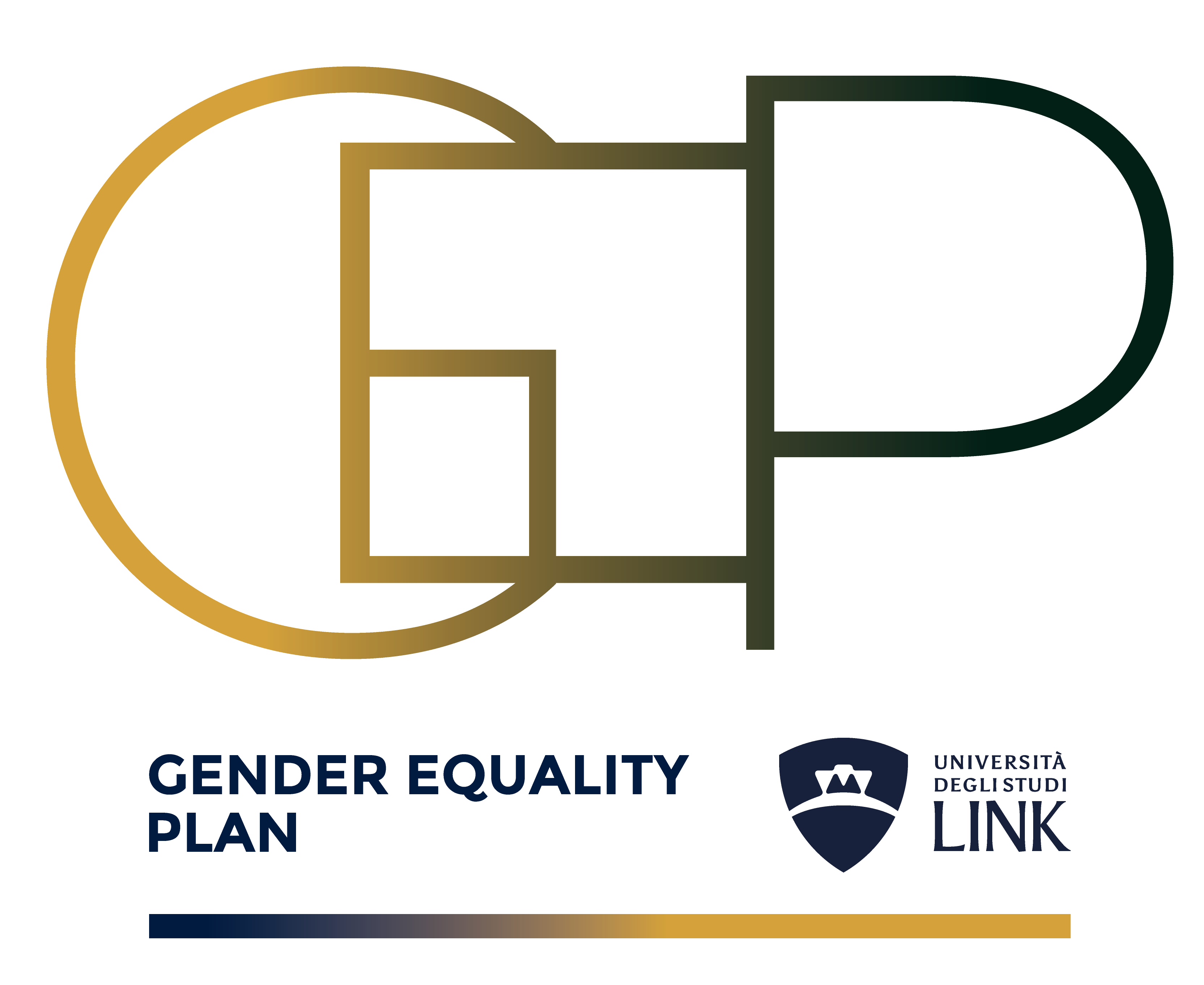The Gender Equality Plan (GEP) is the strategic tool through which the University guides, structures, and monitors its policies on equity, inclusion, and gender equality, in line with the European Strategy for Gender Equality 2020–2025, the EIGE guidelines, and the requirements of the Horizon Europe programme.
Developed in line with the National Strategy for Gender Equality 2021–2026 and the missions of the PNRR, the GEP defines objectives, actions, indicators, and monitoring mechanisms in the five minimum areas required by the European Commission:
- work-life balance and organizational culture;
- gender balance in leadership and decision-making bodies;
- recruitment and career progression;
- integration of gender issues in research and teaching;
- prevention and contrast of harassment and discrimination.
The 2025–2027 update—based on new data from the Gender Report, internal monitoring, and changes in governance—strengthens the strategic dimension of the document, linking it to the Academic Integrated Plan, Positive Action Plan (PAP), and sustainability policies, with a dynamic, flexible, and constantly evolving vision.
The Link Campus University GEP was drafted through an integrated effort involving:
SCIENTIFIC COMMITTEE
Silvia Cristofori, Emilio Greco, Giuseppina Laganà, Desirèe Sabatini
OPERATIONAL COMMITTEE
Valentina Caferri, Claudia Celletti, Valentina Fedeli, Alessio Gili, Serena Giusti, Anna Graziano, Laura Iacorossi, Luca Merlo, Antonella Messore, Manuela Minozzi, Elena Oliva, Marianna Palmisano, Sara Pellegrini, Danila Scarozza, Communication Office
Coordination by Rector Prof. Carlo Alberto Giusti, General Director Roberto Russo, and Dr. Linda Mambrini.
THEMATIC COMMITTEES – UPDATED VERSION 2025 IN LINE WITH THE ANNEXES
1. Training and Communication Committee
(Objectives updated according to GEP 2025–2027)
Responsible for promoting a culture of equality at the University through:
- promotion of institutional language that respects differences;
- development of guidelines and training courses on inclusive language;
- workshops on inclusive decision-making processes and gender power relations;
- training initiatives on symbolic days;
- scholarships and awards on gender issues;
- communication and dissemination activities.
2. Workplace Design and Well-being Committee (in collaboration with CUG)
(updated based on PAP 2025–2027 and GEP 2025)
Works to improve organizational well-being, reduce psychosocial risks, and strengthen the culture of prevention through:
- organizational welfare measures;
- mapping of needs and analysis of workloads;
- initiatives to support work-life balance;
- awareness campaigns and tools;
- strengthening the role of the CUG.
3. Gender Budget Commission and Gender Equality Committee
(aligned with the 2025 BdG version)
Promotes equity policies and analysis and monitoring tools through:
- collection and analysis of gender-disaggregated data;
- periodic reports on recruitment, progression, and enrollment;
- definition of indicators comparable with CRUI references;
- support for the University's strategic planning;
- liaison activities with the GEP and PAP.
4. Integration Committee (with the support of the DSA Commission)
Deals with inclusion, accessibility, measures for students and staff with disabilities and learning disabilities.
Past initiatives and planned initiatives
- November 21-23-24 and 25, 2022 On November 25, International Day for the Elimination of Violence against Women, the University organized four days, coordinated by faculty members, dedicated to addressing gender-based violence with the tools available to the University: methodology, research, and sharing of results. The program included round tables and open discussions organized into the following thematic sessions: "Dialogue - Violence and Consent"; "Narrative - Gender-based Violence between Law, Economics, and Society"; "Understanding - Research perspectives on gender equality, diversity, and inclusion"; "Acting - Gender equality strategy for an inclusive university". On this occasion, Link University presented a student flash mob and inaugurated a permanent installation (a red bench was placed in the campus courtyard).
- November 21, 2023: “Gender Equality and Diversity in Audiovisual Media,” a round table discussion part of the “GEMINI - Gender Equality through Media Investigations and New Training Insights” project.
- December 1, 2023: Seminar held by lawyer Jacopo Benevieri, author of the book “Cosa indossavi?” (What were you wearing?), focused on discriminatory language in sexual violence trials.
- FFebruary 2024: PCTO, dedicated to high school students: “Gender, Sexuality, and ‘New’ Families” (20 hours)
- February 2024: PCTO, dedicated to high school students: “Understanding gender-based violence in order to take action: let's build proposals together!”
- Spring 2024: Meeting with the participants of the “Fotoromanza” workshop, focused on reconstructing the memories of women over 65, coordinated by theater director, researcher, and activist Giorgina Pi.
- Spring 2024: Two thematic workshops for students, entitled: “Representation of the classics: The journey of heroines”; “Gender and genres.”
- June 2024: “Cool-ro-Phobia” Summer School curated by Professor Brian Shaw (Columbia College Chicago), consisting of a week of practical work for artists, based on the text of the 19th-century Italian opera “Pagliacci,” which tells the story of a femicide. - Currently being evaluated by the U.S. Embassy in Italy for institutional collaboration.
- Autumn 2024: Conference: “The Socio-Cultural Roots of Gender-Based Violence,” which will explore the complex phenomenon of gender-based violence, adopting a popular, educational, and academic approach. The main objective is to provide in-depth knowledge of the various manifestations of gender-based violence and analyze the cultural and social roots that sustain its persistence. The introduction of the GEP has in fact initiated a series of important activities for the overall life of the University in several crucial areas, also inspiring the organization of the strategies of the Single Guarantee Committee (CUG) of Link Campus University.
Download the Gender Equality Plan
Guidelines for the use of gender in language
Contacts
Gender Issues Office
EMAIL: m.palmisano@unilink.it
TEL: +39 06 3400 6000
The office receives by appointment
Rector's Delegate for Gender Issues: Prof. Desirèe Sabatini
Coordinator: Dr. Marianna Palmisano

